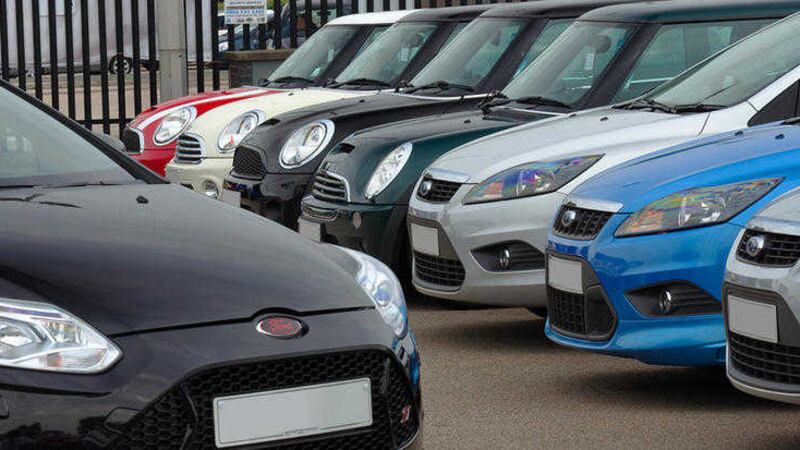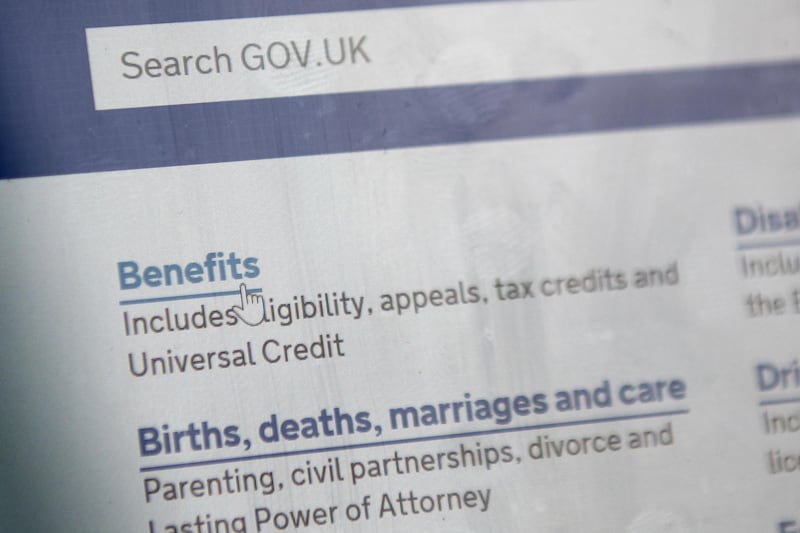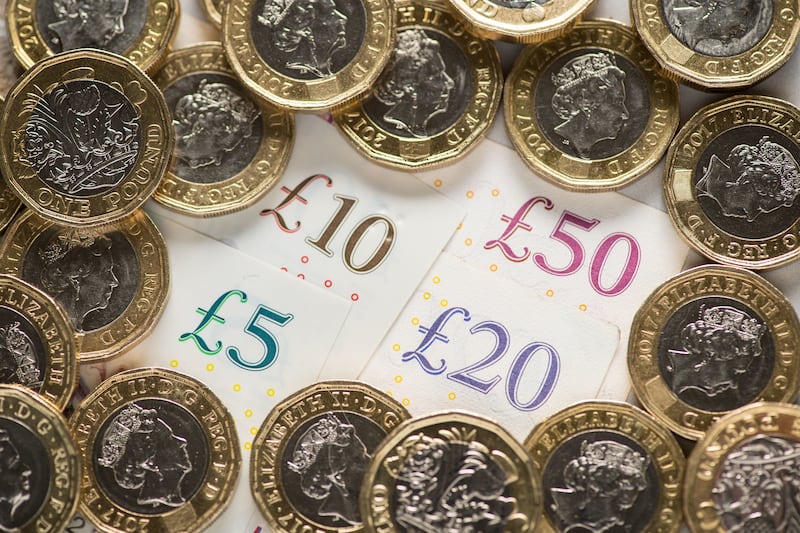QUESTION: I became an employer during 2015 and recently received notification from HM Revenue & Customs that before July 6 I am required to complete a P11D Return of Expenses and Benefits form for the tax year 2015-16. What is the purpose of this return and what benefits and expenses do I need to declare on it ?
ANSWER: If you’re an employer and provide expenses or benefits to employees or directors, you need to tell HMRC and pay tax any National Insurance on them.
Examples of expenses and benefits include company cars, health insurance, travel and entertainment expenses and childcare,and there are different rules for what you have to report and pay depending on the type of expense or benefit that you provide.
The P11D is used to declare the amount of national insurance you are due to pay on any benefits or expenses paid to either company employees or company directors. You must submit a form to HMRC to declare these benefits.
Form P11D should be prepared for the expenses and benefits you provide to each director or employee earning at a rate of £8,500 or more a year. Form P9D is prepared for employees earning less than the £8,500 rate, including any benefits they receive.
The most common examples of expenses or benefits that should be included on the P11D form are company car and car fuel benefits, company van and van fuel benefits, mileage allowance payments to employees over the approved HMRC rate, private medical treatment or insurance, private use of company credit card, interest free or low interest loans greater than £10,000, subscriptions and professional fees or any payments made on behalf of employees.
It is the responsibility of the employer to keep a record of all expenses and benefits you provide to your employees. Your records need to show that you’ve reported accurately and your end-of-year forms are correct.
HMRC may ask to see evidence of how you accounted for each expense or benefit at the end of the tax year.
You’ll need to keep a record of the date and details of every expense or benefit you provide, any information needed to work out the amounts you put on your end-of-year forms, and any payment your employee contributes to an expense or benefit
You should also keep any correspondence you have with HMRC. Records must be kept for three years from the end of the tax year they relate to.
For example, if you reimburse an employee’s travel expenses - you’ll need to keep a record of when and why the employee travelled, and where possible keep receipts as evidence.
You don’t have to report some routine employee expenses to HMRC. This is called an ‘exemption’. Exemptions have replaced dispensations. You can’t apply for a dispensation any more.
You don’t have to report certain business expenses and benefits like business travel, phone bills, business entertainment expenses, and uniform and tools for work.
To qualify for an exemption, you must be either be paying a flat rate to your employee as part of their earnings - this must be either a benchmark rate or a special bespoke rate approved by HMRC, or paying back the employee’s actual costs.
:: Feargal McCormack (f.mccormack@ pkffpm.com) is managing partner of PKF-FPM (www.pkffpm. com). The advice in this column is specific to the facts surrounding the question posed. Neither the Irish News nor the contributors accept any liability for any direct or indirect loss arising from any reliance placed on replies.







